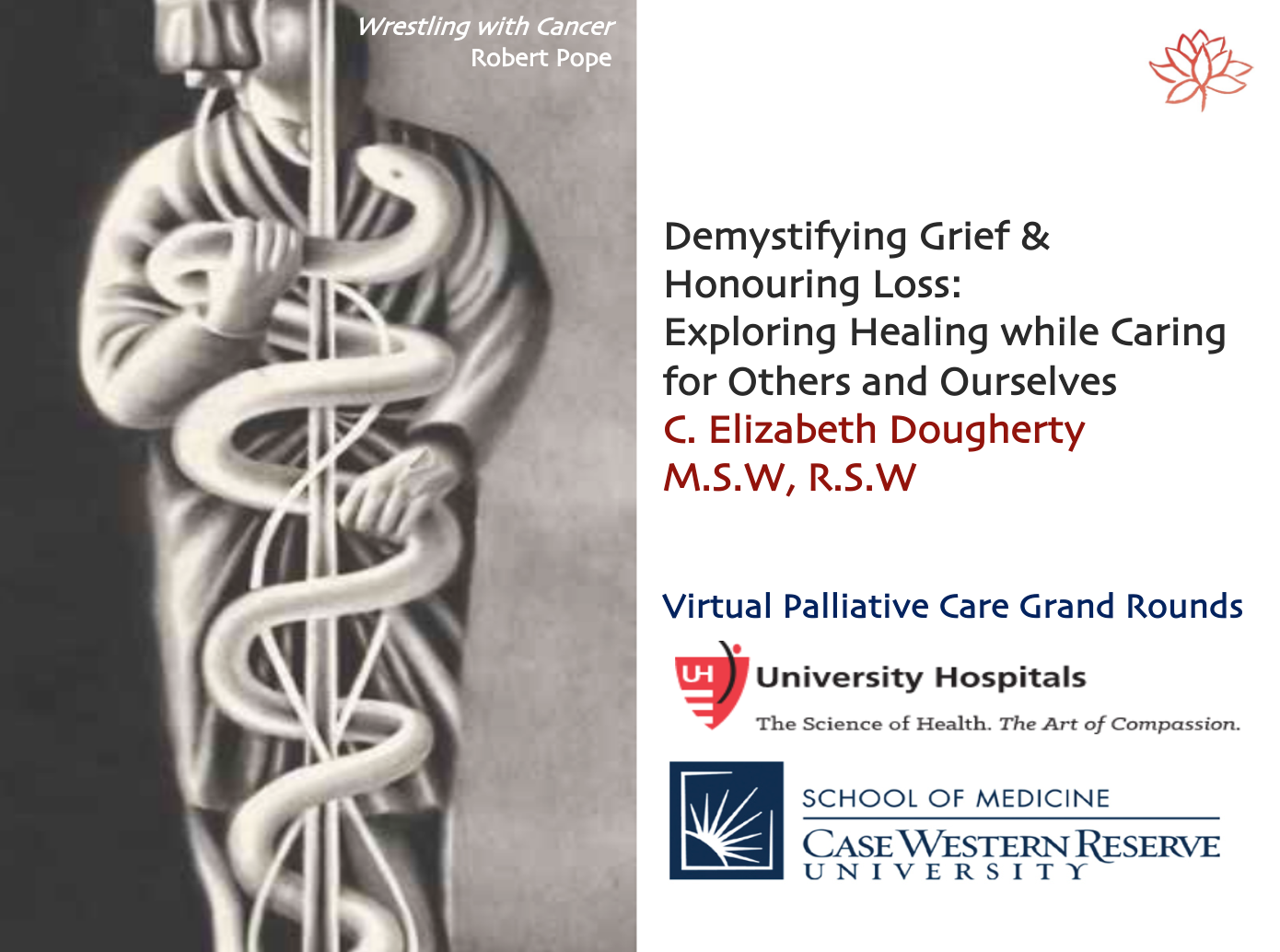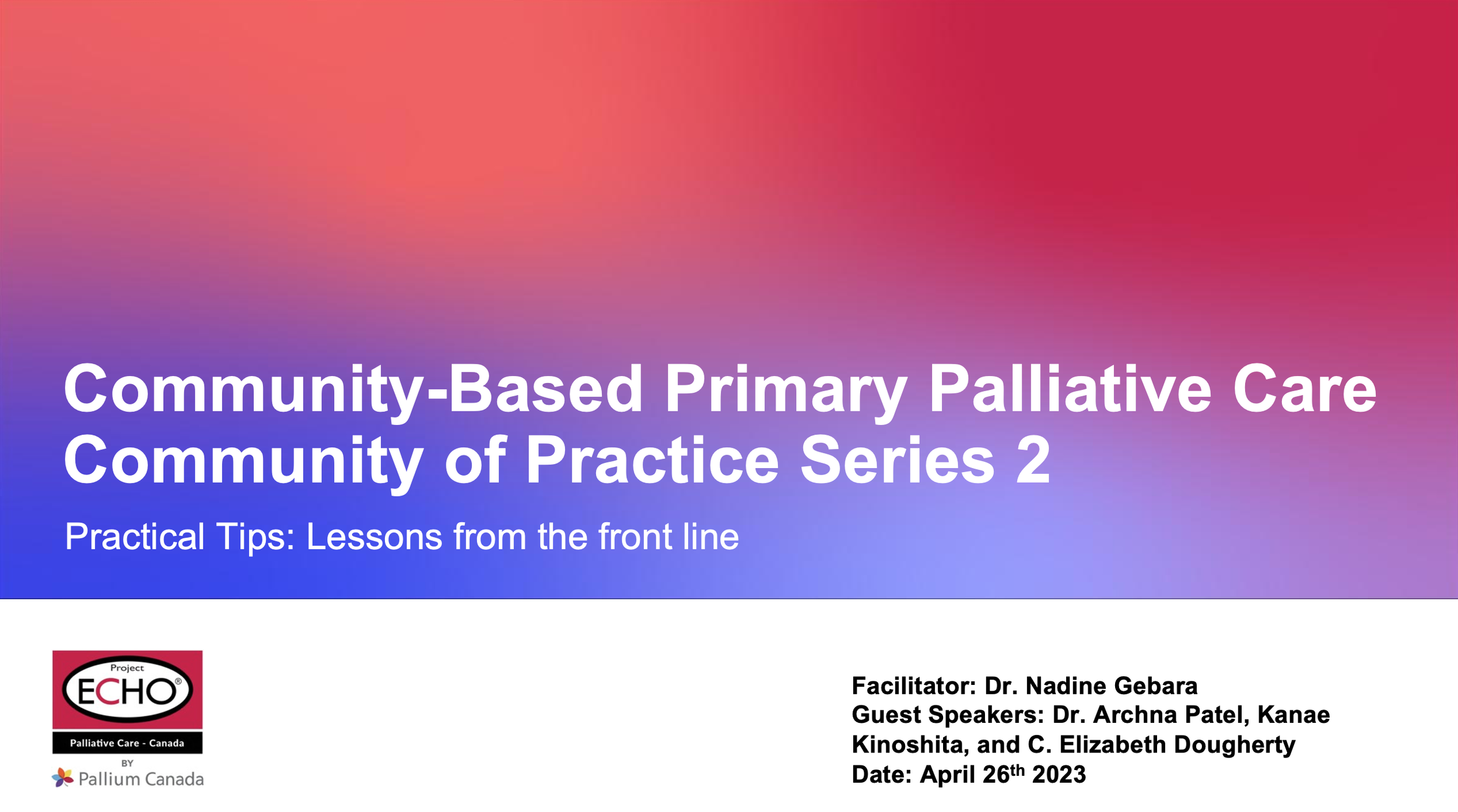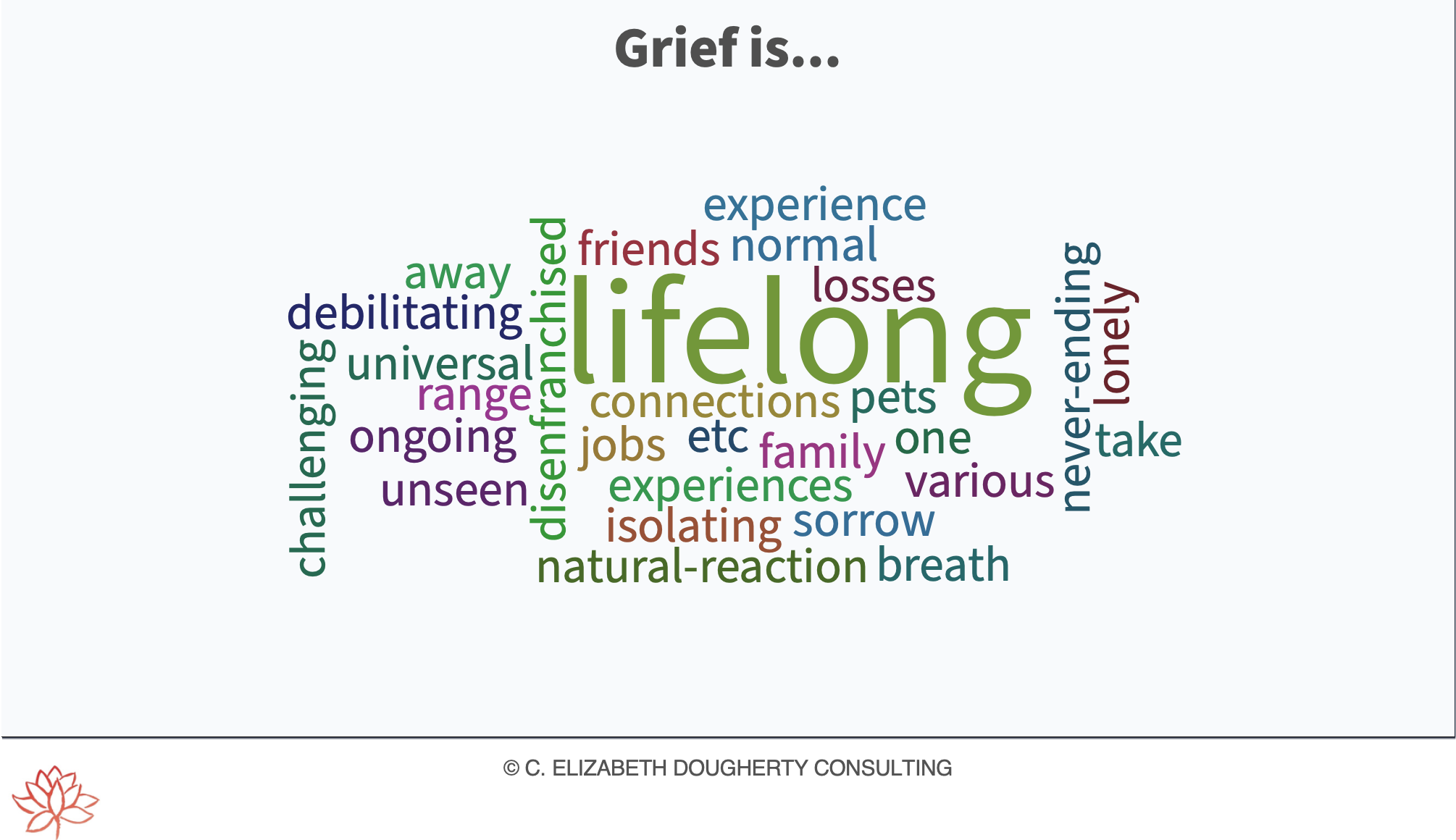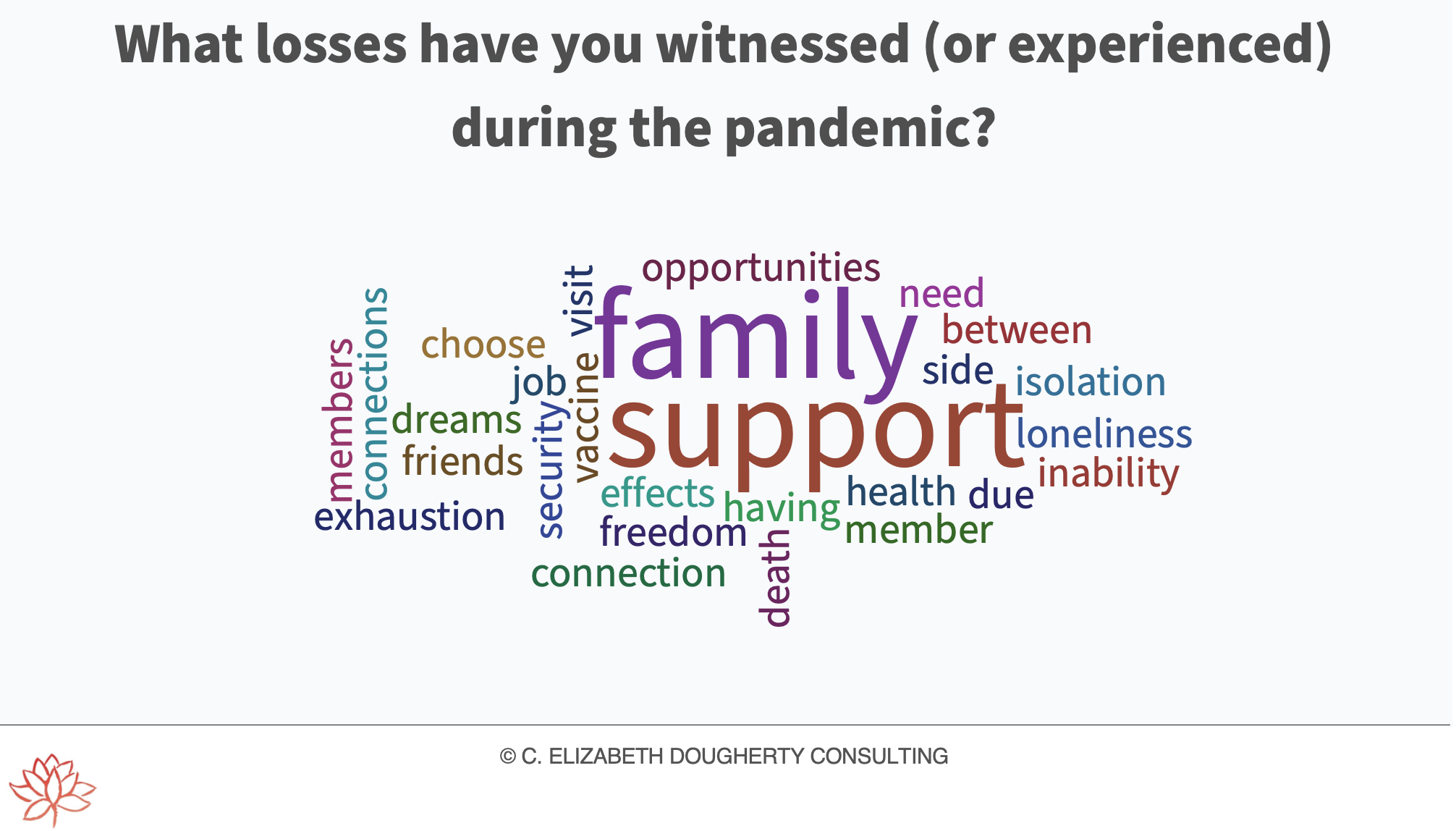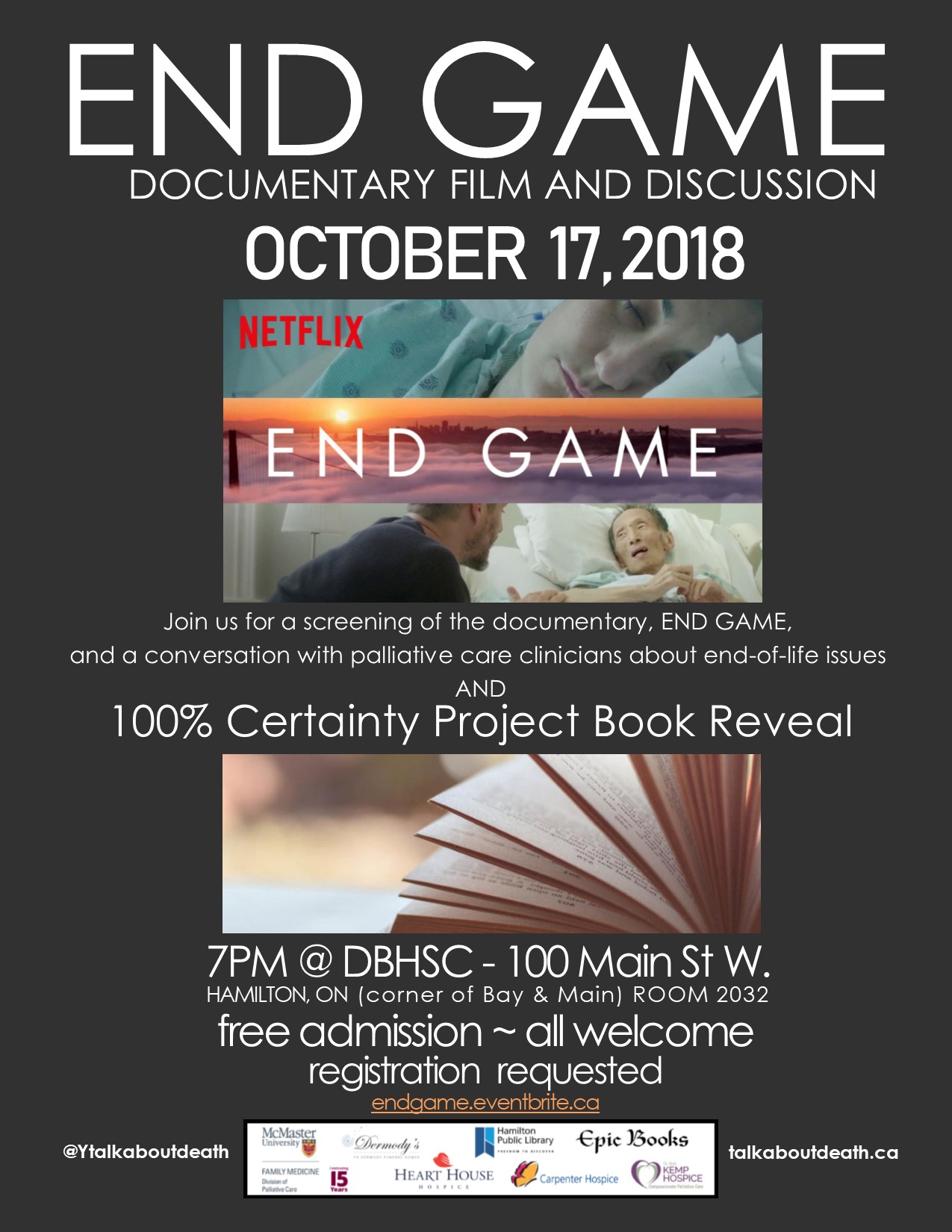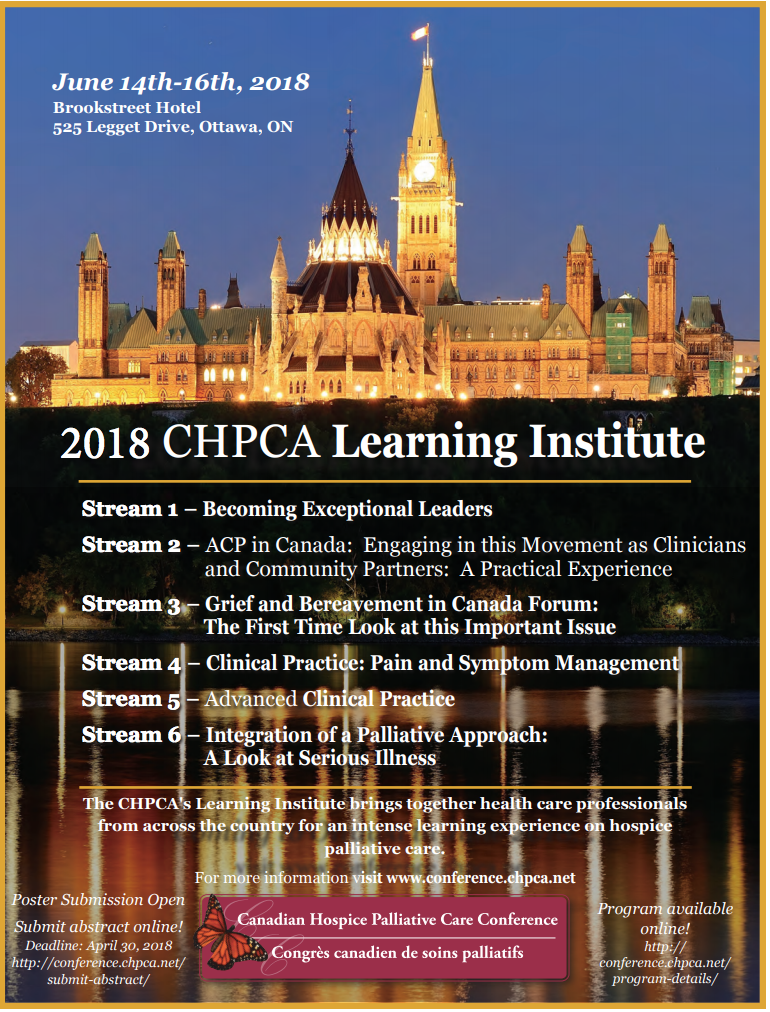I am incredibly honoured to deliver Virtual Palliative Care Grand Rounds, “Demystifying Grief and Honouring Loss: Exploring Healing While Caring for Others and Ourselves” at University Hospitals, Case Western Reserve University School of Medicine.
In healthcare we move through an array of experiences, navigating acute emergencies, illness, death and a myriad of non-death losses, for ourselves, for all we love, and all we serve.
What about experiences that cannot be cured or fixed? As Dr. Kenneth Doka states, “Grief is a reaction to loss. We often confuse it as a reaction to death. It’s really just a very natural reaction to loss. When we lose any significant form of attachment, it’s the process of adjusting”.
There is no closure or “getting over” loss, nor are there finite timelines in grief.
We continue to grieve someone (or something) after loss and the cumulative effects and secondary losses that follow. Grieving the loss means learning to move forward, integrate, and metabolize the loss(es), while honouring the connection in meaningful and supportive ways.
In the face of trauma, loss and uncertainty, it can feel overwhelming to consider moving forward. Tedeschi & Calhoun highlight the importance (and benefit) of Post-Traumatic Growth, specifically:
Traumatic events are not viewed as desirable
Stories of others moving through trauma are always important in post-traumatic growth
Strength is often correlated almost paradoxically, following an increased sense of being vulnerable
In Kitchen Table Wisdom, Dr. Rachel Naomi Remen writes, “The expectation that we can be immersed in suffering and loss daily and not be touched by it is as unrealistic as expecting to be able to walk through water without getting wet.”
There is healing power in connecting with the voices and stories of others. I am grateful to share a space to honour healing in healthcare, in the face of grief, loss, connection and community.

